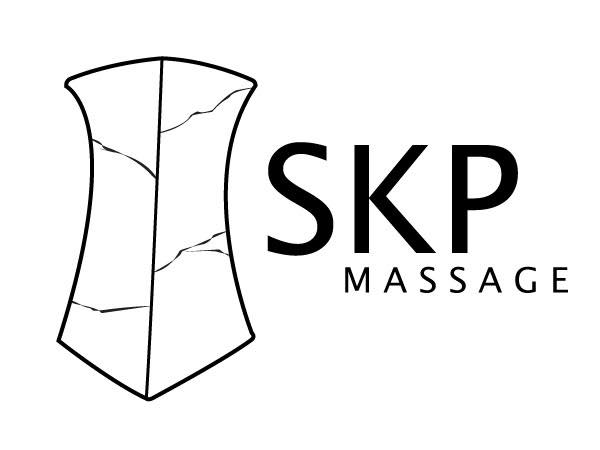Stress is the body’s reaction to overwhelming or harmful situations. This occurs through a chemical reaction called the fight or flight or the stress response. When a stressful event occurs, your blood pressure rises, muscles tighten, breathing quickens, and your heart rate increases.
Muscle tension typically occurs as a reflex reaction to a stressful event. Muscles tense up with the sudden onset of stress and revert to normal when the stress is gone. However, with chronic stress, your muscles may be tense for long periods, promoting stress-related disorders and even triggering other directions of your body.
For example, migraine and tension-type headaches are connected with chronic muscle tension around the head, neck, and shoulders. Musculoskeletal pain in the upper and lower back extremities has also been associated with stress, primarily work stress.
The majority of individuals with musculoskeletal disorders suffer from chronic painful conditions. A previous injury often sets off the chronic pain state, but this is not always the case. The severity of this chronic pain relies on how a person responds to the injury. People who keep up with a certain level of regular, physician-supervised activity generally have a reasonable recovery rate compared to those fearful of re-injury or pain and who only look for a physical cure for the injury.
Muscle tension, which ultimately leads to muscle atrophy; since the body is not being used regularly, can enhance chronic, stress-related musculoskeletal conditions.
How Massage Relieves Stress
Relaxation methods and other stress-relieving therapies and activities have been proven to increase a sense of well-being, reduce the occurrence of various stress-related disorders like headaches, and effectively reduce muscle tension.
Massage therapy is one common way you can effectively reduce stress. The therapy involves a soothing environment that encourages and increases relaxation. Relaxation has been known to relieve stress, and the soft music, low lights, and limited electronic devices in the parlors can help you fully relax.
Massages have also been associated with influencing some psychological effects that help you cope with stress. During the therapy, levels of neurotransmitters such as dopamine, serotonin, and endorphins are increased.
Dopamine is usually associated with an increase in self-worth and motivation. Serotonin can help boost your sense of well-being and also prevent depression. Endorphins have been linked with effectively relieving anxiety. When your body lacks these neurotransmitters, you are more likely to have increased anxiety and stress levels.
Massages are also known to reduce stress. The therapy typically focuses on areas of the body experiencing pain and stress. Cortisol, the stress hormone, is reduced by 30 percent by the actual act of massaging. By releasing tense muscles and helping in pain management, massage therapy helps you to experience stress relief.
Stress Relief for SKP Massage
While massages may look like a luxury treatment rather than a necessary one, there are many benefits you can get from them. One of them is helping you relieve stress. Stress causes severe adverse effects on your mind and body, which makes stress relief paramount. At SKP Massage, we consider your stress relief a priority, and our top therapists ensure you have an experience that will help you live a stress-free life. You can also check us out on Facebook!


Recent Comments